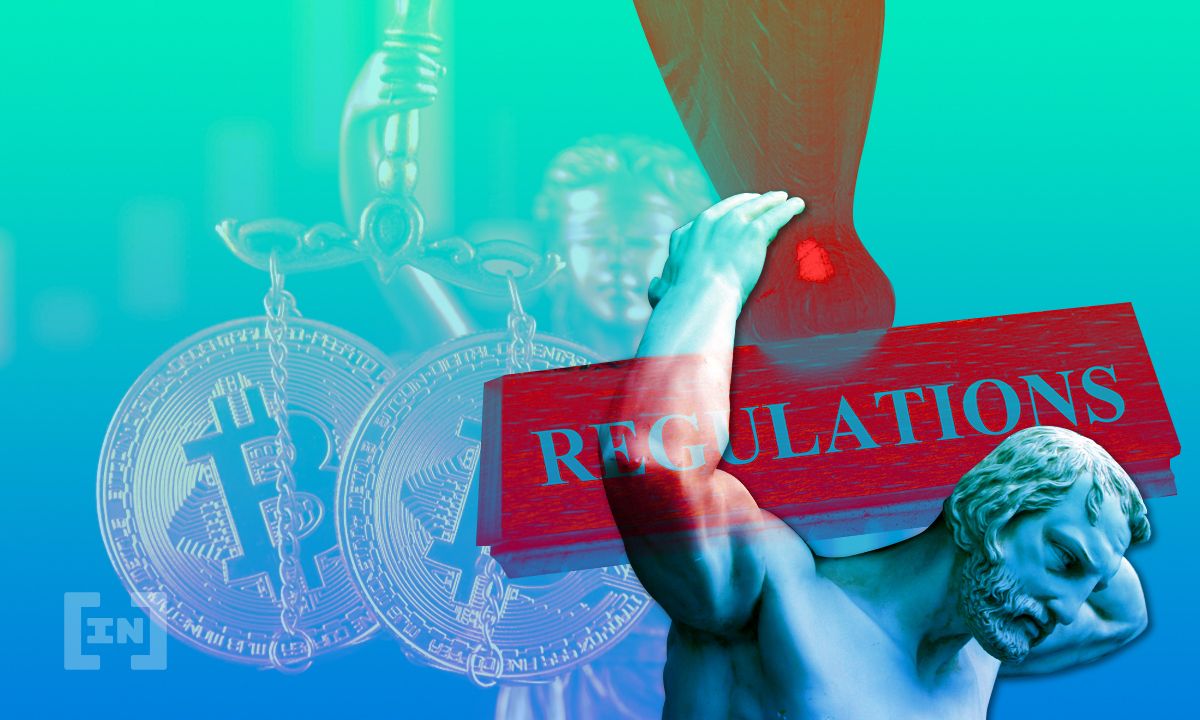Crypto companies in the U.S. are reportedly seeking regulatory clarity over interest-bearing products following several companies being pulled up by the federal regulators in the past, igniting the ‘unregistered security’ debate.
Reuters noted that more players are waiting to deep-dive into the space, with names like Kraken, Bitstamp, and Circle waiting in queue to launch retail yield products.
Bobby Zagotta, CEO of Bitstamp USA, was quoted saying, “Some crypto players in the U.S. have gotten in big trouble with how they’ve managed lending and credit-type offerings. We don’t want to go there, so we’re going to be super diligent.”
Achieving regulatory clarity
Lately, the U.S. watchdogs have been stepping up focus on anti-money laundering and compliance laws, stablecoin regulations, environmental aspects of crypto mining, and investor protection among other concerns.
President Biden’s Executive Order released in March this year also prioritized a national policy for digital assets across some of these broader themes with a key focus on financial stability and responsible innovation. And none of the key areas of concern are currently addressing the aspect of crypto interest.
Therefore, there remains a lack of a regulatory framework when it comes to crypto lending and yield-bearing products, keeping companies from registering such products. This is despite the rising popularity of such offerings.
Platforms pulled up by regulators
Last month, regulators from seven U.S. states had sent show-cause orders to Voyager over its Earn Program. But now, BlockFi is bracing up to launch its first regulated interest-earning crypto product under BlockFi Yield, the company co-founder Flori Marquez recently confirmed.
This is despite the fact that earlier in February, BlockFi Inc. had to pay $100 million to settle with the Securities and Exchange Commission (SEC) and the state regulators for offering a similar but ‘unregistered’ product.
BlockFi spokesperson had noted, “Our resolution with the SEC is a key step to achieving regulatory clarity for not only BlockFi but the crypto ecosystem as a whole, which is necessary for long-term mass adoption of crypto financial services,”
And achieving regulatory clarity becomes essential as platforms including Coinbase, Circle, Gemini, Nexo, and Celsius also had to previously withdraw their yield products due to the SEC’s argument of products being securities.
The argument of ‘unregistered security’
As per the SEC website, the term “security” includes an “investment contract,” The regulator underlines, “Both the Commission and the federal courts frequently use the “investment contract” analysis to determine whether unique or novel instruments or arrangements, such as digital assets, are securities subject to the federal securities laws.”
But, the application of the definition remains controversial. Crypto attorney Preston Byrne, partner of Anderson Kill, had also commented on why yield products will be clamped down by the securities regulator.
And considering the regulatory risks, Celsius also recently stated that it is in ongoing discussions with United States regulators regarding its Earn program, so as to implement changes for its users in the country holding coins or earning rewards.
What do you think about this subject? Write to us and tell us
